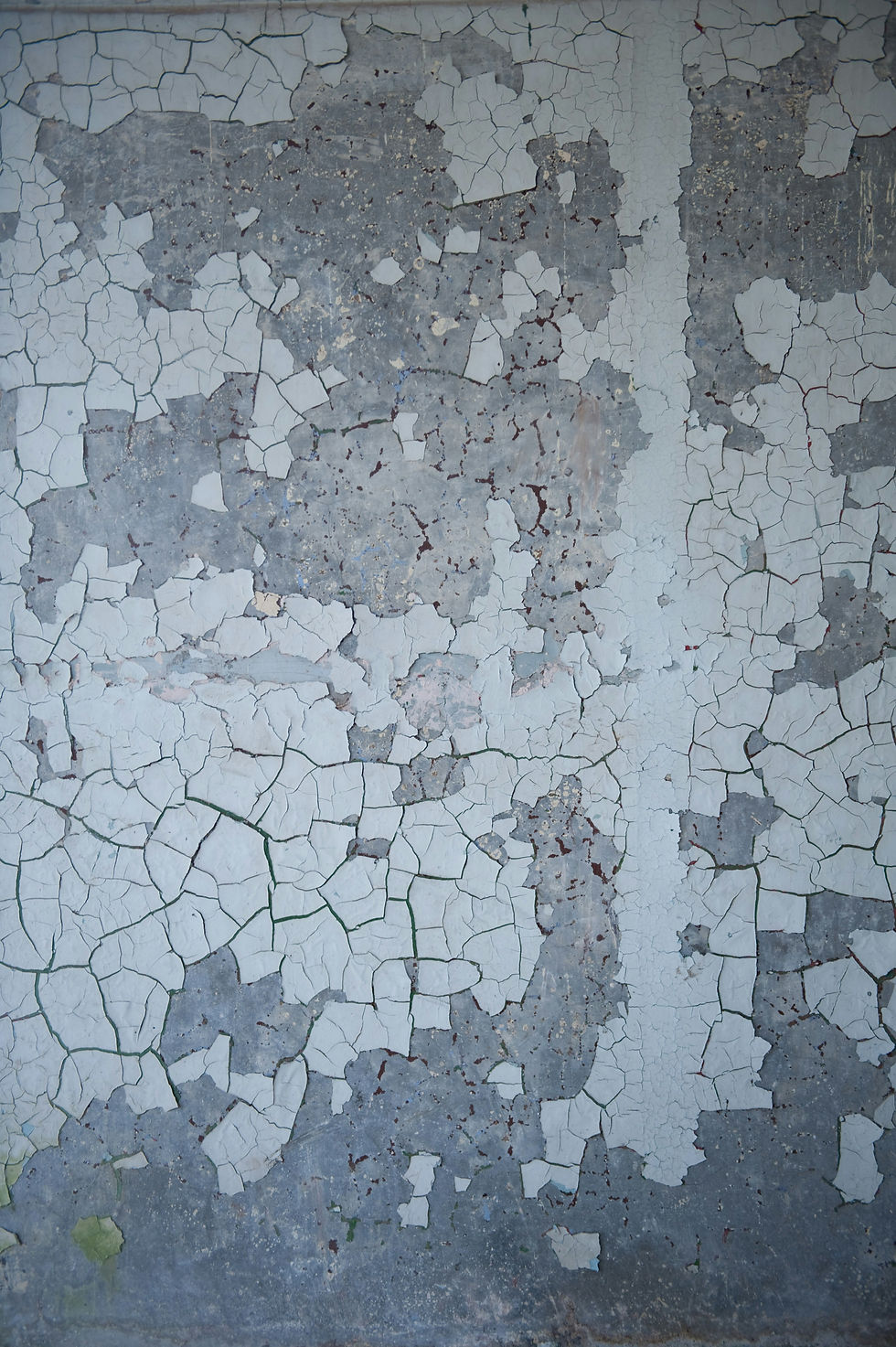The Betrayed Republic
- Sep 15, 2025
- 4 min read
Corruption is the Culture of the Philippines
by Jo Chanco
EDITOR THINKS
The Philippines finds itself once again at the crossroads of trust and betrayal. A blistering exposé, recently brought into public view, tore open the seamless veneer of infrastructural development. Funds—hundreds of billions strong—banished into the ether, into projects that were either shoddily built, suspiciously undocumented, or simply didn’t exist. More unsettling still: a minuscule few of the thousands of approved contractors cornered a massive share of the loot. The echoes of public outrage rippled across social media, a diaspora of voices decrying graft in government corridors that once promised hope.
This is corruption writ large—a crime against citizens, perpetrated under the guise of nation-building. It is in this theater of betrayal that our collective conscience struggles to reclaim dignity.

The Anatomy of a Scandal
President Ferdinand Marcos Jr. had, in good faith or political necessity, disclosed the results of an internal audit that examined flood-control allocations from 2022 onwards. The numbers were damning: ₱545 billion (approximately USD 9.6 billion) had flowed into the system—but a disturbing share of projects were substandard, poorly documented, or entirely fictitious.
Even more brazen: identical project costs appeared across vastly different geographic locations, as if a cloning machine spewed out identical price tags with no regard for context or terrain.
And perhaps most egregious of all—just 15 out of more than 2,000 accredited contractors gobbled up 20% of the entire budget.
Imagine that: the public purse hemorrhaged into the hands of a select few while communities remained vulnerable, infrastructures rotten at their core.

Trust Shattered
The upheaval triggered immediate political tremors. Congress—both chambers—launched inquiries. The streets of democracy, or at least its legislatures, were shaking.
The Public Works Secretary resigned. In his place, Vince Dizon took the helm, halting all local bidding on flood-control initiatives, demanding courtesy resignations from officials, and vowing to blacklist implicated contractors permanently.
Yet the pain is deeper than bids and blacklists. The alliance of 30 business and civic organizations—voices that, in normal times, steward public interest—issued a seething statement. They spoke of “outrage, disgust and disappointment” toward "shameful, unabated, continuing and excessive acts of graft" across executive, legislative, and local government bodies.
They called these acts treasonous—a betrayal of the essence of governance, a stain on the social contract.
Online Outrage
Unlike neighbors like Indonesia, where explosive protests staged scenes of civil unrest, the Philippine reaction played out largely online. Social media became a digital coliseum—naming, shaming, and rallying.
The virtual war against corruption rippled, as citizens took to TikTok, Facebook, Twitter, and threads old and new to voice their fury. Some splinter groups are now marshaling for mass action, calling people back to the streets—digital activism taking corporeal form.

A Broader Narrative of Impunity
This atrocity, while headline-grabbing, is not alone. It nests in a long lineage of institutional rot in the Philippines.
Earlier, investigations revealed how the war on drugs—launched under Duterte—was riddled with cover-ups, questionable autopsies, and a cavalier erasure of forensic rigor. Funeral homes became improvised crime labs, officials sent bodies to mortuaries that obfuscated the truth, and official death records were skewed or falsified.
Moreover, the 2016 cyber-heist, where $81 million stolen from Bangladesh’s central bank flowed through Filipino banks into casinos—and was largely lost—highlighted systemic failures and regulatory gaps.
Corruption in this country isn’t an aberration: it is endemic.
The Cost of Corruption
Every peso siphoned from infrastructure is a peso taken from schools that never rise, clinics that never heal, and citizens drowned in the wake of substandard flood control. Every shrouded death in the drug war is justice deferred, families bereft. Every dollar laundered through casinos is trust chipped away from a democracy still finding its footing.
Corruption in these shades isn’t just about money—it’s about the erosion of faith, the slow fracture of a collective will.
Hope Beyond The Headlines
But even as the cracks widen, the light persists.
President Marcos Jr. has pledged an independent commission to probe these abuses—acknowledging their gravity, if belatedly.
Vince Dizon’s swift action—the suspension of projects, the demand for resignations, and the punitive blacklist—signals at least a recognition that impunity must not be business as usual.
And civil society? Its roar is growing. Street protests might still be incipient, but the impetus for institutional overhaul is being stoked in forums, forums of law, of advocacy, of the vote.
The Long Road Ahead
This corruption scandal is not just a scandal—it is a mirror held up to the Republic’s soul.
If justice is more than a word, it must be the path forward:
Transparency, institutionalized in audits and budgets.
Accountability, enforced through equitable sanctions and restored public trust.
Citizen vigilance, sustained by civic education, free media, and social action.
Only then can the narrative shift—from betrayal to redemption.
The Philippines deserves better. Democracy demands better. And in so saying, we are all custodians of a future where governance is not theft, but service. This is our call—and our reckoning.















